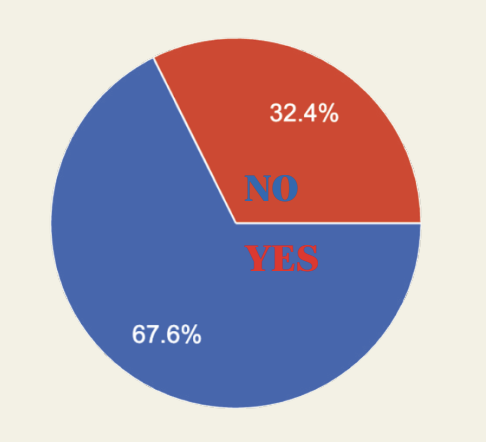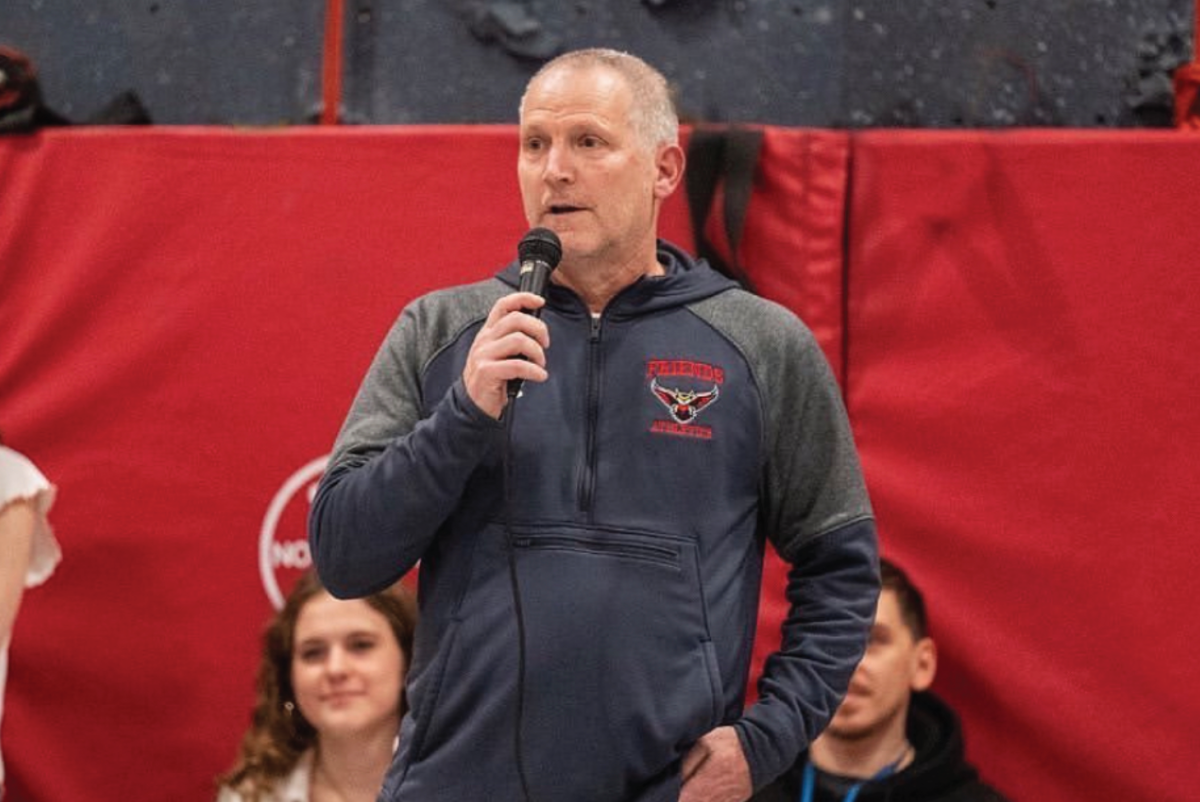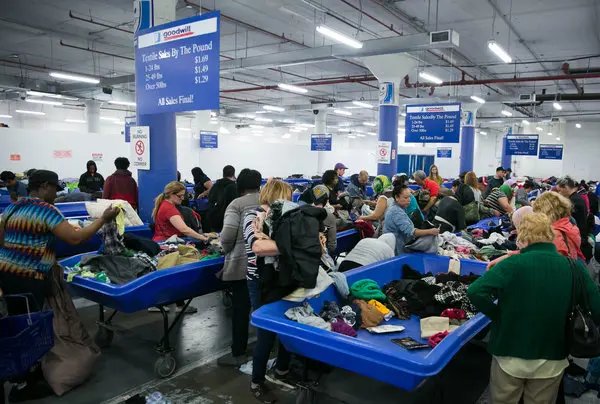Opinion: Vaccine Mandates are Moral
April 5, 2022
The pandemic has been ongoing for almost two years, and we’ve had the vaccine for only 14 months. However, just 76% of the United States population has gotten at least one dose, leaving almost a quarter of eligible Americans unvaccinated by choice. After emphasizing the necessity of getting the COVID-19 vaccine for months, President Joe Biden finally attempted to mandate that all companies with more than 100 workers require vaccination or weekly testing in order to encourage hesitant Americans to get their shot. He also attempted to mandate vaccines for healthcare workers, federal contractors, and the majority of federal workers, implementing consequences if those workers refused. These mandates were the most aggressive measures that Biden has pursued to take control of the pandemic since he was elected president in 2020. As of now, a little over 60% of Americans are fully vaccinated, and Biden hoped to increase that percentage with his mandates. However, many have raised questions on whether or not Biden has the legal authority to impose vaccine requirements on the private sector. On Thursday January 13, the Supreme Court blocked the Biden administration from enforcing the vaccine or testing mandate in larger companies. The court proclaimed that this mandate exceeded the Biden administration’s constitutional authority. However, they ruled that a more limited vaccine mandate could be implemented at government-funded healthcare facilities. Although the mandates were not approved based on their unconstitutionality, I believe that they are morally sound, and should thus be adopted in federal, state, and local jurisdictions within the bounds of the constitution.
While the ethicality of mandating a vaccine has come into question, and there is concern that it violates individual liberties, I believe that it is ethical to implement it. Although liberty is important, every action has a consequence, and people’s personal choices have the ability to harm other people. When those choices come at the expense of others’ safety, it is ethical for their choices to be limited. One person refusing to get the vaccine harms the people around them, and thus, their choice to not get vaccinated should be limited. Although there are other methods to mitigate COVID like hand-washing, mask-wearing, and social distancing, vaccines are a much more effective long-term solution and are the only way herd immunity can be achieved without risking lives. Getting more people vaccinated will also ameliorate the effects that COVID-19 has had on the economy, since the mass worker shortages would be diminished as more people would be getting back to work.
Despite refusal from people to get the vaccine because of safety concerns, it has been proven that vaccines are safe and do not cause long term side effects. The Vaccine Adverse Event Reporting System reported 0.0022 percent of deaths in people who were vaccinated, compared to the COVID-19 mortality rate which is 3.4%. In fact, getting the vaccine increases the safety of not just the vaccinated individual, but also the people around them because it reduces the virus’ spread. Other conspiracies have been spread about the vaccine, including that it was created using recently aborted fetal tissue, that it makes people magnetic, or that it is a way for the government to insert chips into people in order to track them. However, all of these conspiracies have been debunked. Others have religious objections to vaccination, and while religious freedom is an important factor to consider in public policy decisions, it is not the only value to consider, and public safety is, arguably, even more important.
In the midst of a pandemic, protecting the individual and protecting society as a whole are almost equally important. I do not believe that mandates should be the first method to try and convince hesitant Americans to get vaccinated. However, when members of society have repeatedly refused to get vaccinated in such large numbers that their choices compromise the health of those around them, I believe that vaccine mandates are the only option. I don’t think that people should be physically forced to get the vaccine, but they should be forced to make sacrifices if they refuse to get vaccinated and put the lives of others at risk. Taking away things that aren’t constitutionally protected – like their job or ability to participate in social events – would both encourage individuals to get vaccinated and protect the rest of society at large. Although such measures may seem extreme, they are necessary when people are getting infected and dying on a daily basis.
With the prevalence of new variants, breakthrough infections can happen within vaccinated communities, a factor that anti-vax activists have used to undermine the perception of the vaccine’s efficacy and argue against vaccine mandates. However, vaccines are still effective in preventing severe illness and death, and since even vaccinated people are in danger of contracting COVID-19, it strengthens the argument for mass vaccination. Unvaccinated people are more likely to be hospitalized, which in-turn adds more stress on the healthcare system. Instead of unvaccinated people only putting other unvaccinated people at risk, they are putting all people at risk with their choices. Thus, a mandate for the vaccine is necessary to ensure public safety and create economic benefits, and should be adopted in federal, state, and local jurisdictions within the bounds of the constitution.


















